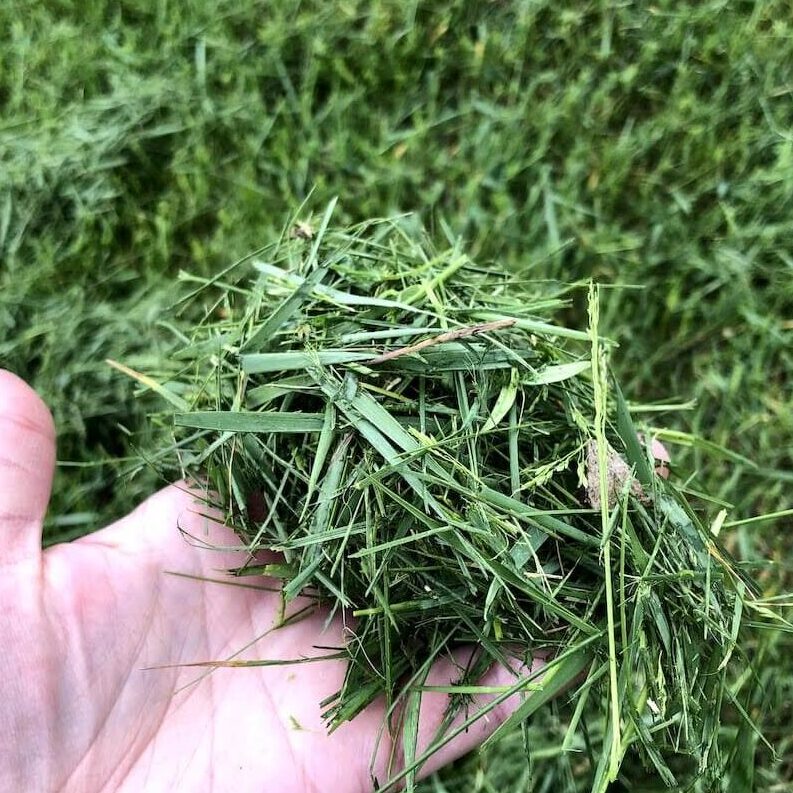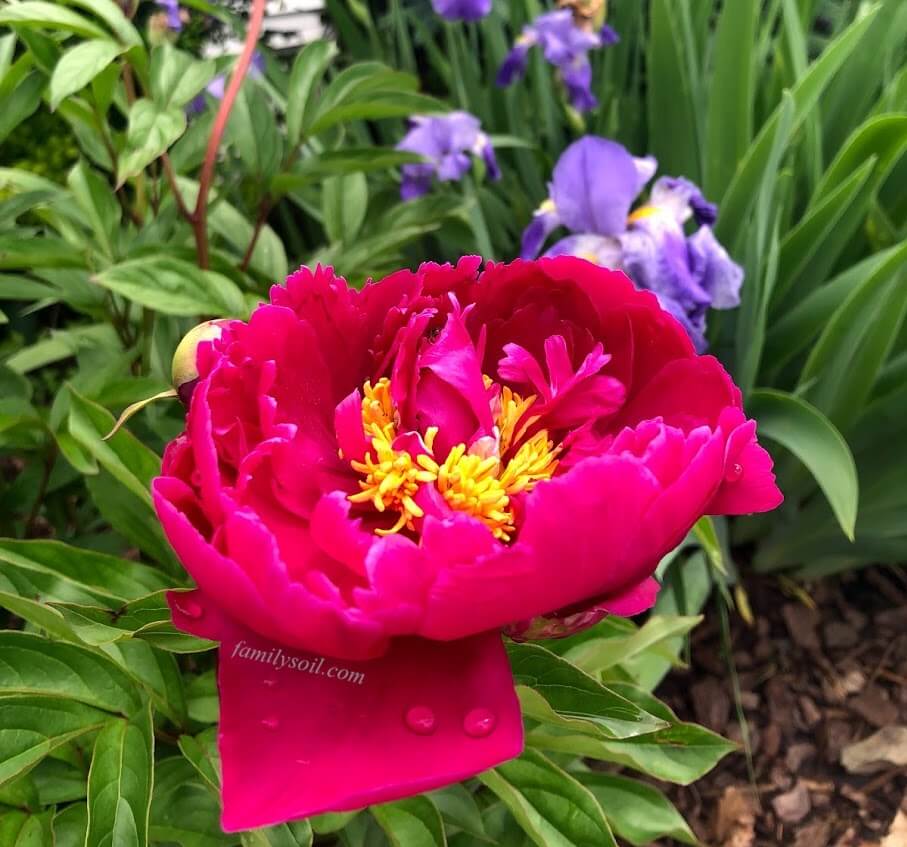Mulch. A topic that doesn’t grab attention the way shining tomatoes or beautiful produce-laden trellises do. But, when it comes to finding success in the garden, mulch is one of the best tools in the organic gardener’s toolkit. Using mulch supports the health of the plants and soil organisms, reduces workload, conserves water, and improves the soil.

If you’re asking yourself if should you bother with mulch, the short answer is yes you should (if you can). The benefits listed above will create a more productive garden out of less work. In this article we’ll explain why mulch is so important and offer some tips to get you started.
So, why mulch?
1. Mulch Protects The Soil Surface
From what? From sun, water, wind and cold.
It might seem that soil is pretty tough, or that maybe you don’t live where the soil is subjected to extremes. But, a regular sunny summer day, even in a temperate climate, raises the temperature of the soil surface well past the ambient air temperature (more on temperature below). Dark, bare soil gets hot in the summer in much the same way as asphalt does. This in turn stresses the plants and the shallow soil life that the plants depend on.
And then there’s rain. While rain may seem harmless, a single intense downpour can wash away a fair amount of bare topsoil (depending on the specifics of your garden). Losing a little topsoil might not seem like a big deal, but you have a finite layer of it to work with. And a nice deep topsoil is much more supportive of plants than a thin one. If a large amount of it washes away in an intense thunderstorm, then the subsoil beneath it doesn’t just turn into topsoil by the next season. And replacing topsoil, (unless you purchase it) takes a VERY long time, like, years/decades/centuries.
Lastly, the sun, wind and water might just work together to form a crust on the surface of unmulched soil. Some soil types are more prone to this than others, but a crust formed on your soil reduces air and water infiltration, which will stress your plants. As I’ve heard it said, if you don’t mulch your soil, the top of your soil will become the mulch (and no longer part of the functioning soil).
But you don’t have to take my word for it. One of the tenets of soil health, according to the pioneering and famed regenerative farmer from North Dakota, Gabe Brown, is that your soil must be covered. As he puts it, soil needs “armor on the surface” at all times, and he points out that nowhere in nature do you find soil left barren. At least not for long before weeds fill in and do their job.
[Read more…] about The Top 5 Reasons You Should Mulch Your Vegetable Garden